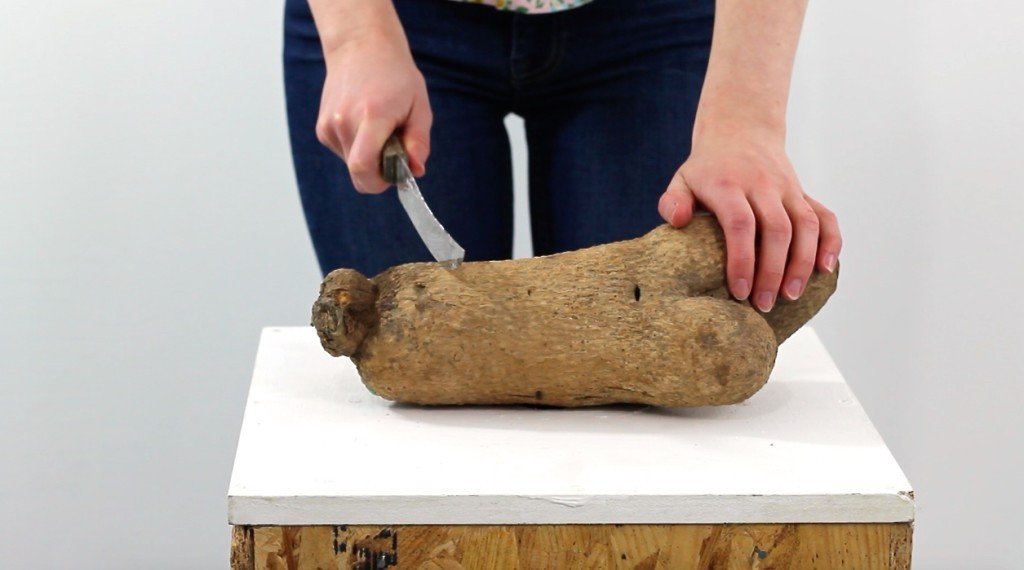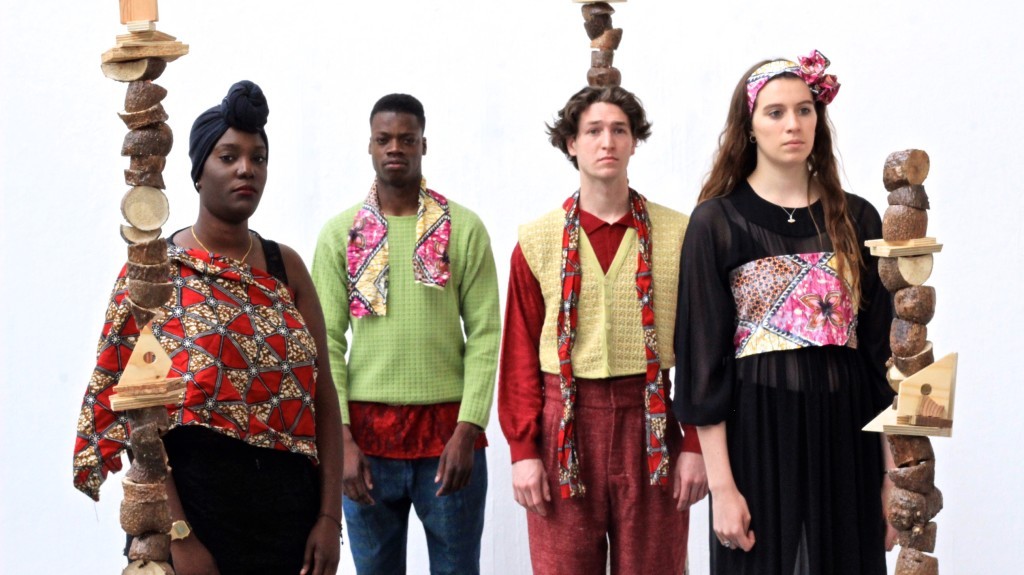Nacheal Catnott
The Few Stains of Colour
16 Aug - 04 Sep 2016
Platform 2016
NACHEAL CATNOTT
The Few Stains of Colour
16 August — 4 September 2016
Platform 2016 is the fifth edition of the annual region-wide project created to support new graduate artistic talent across the south east of England.
The emerging artists selected to participate graduated in 2016 from Ruskin School of Art at the University of Oxford, Oxford Brookes University and Reading University. The three artists will present their work in a series of consecutive solo exhibitions hosted in Modern Art Oxford’s Project Space.
Platform was devised in 2012 in collaboration with the Contemporary Visual Arts Network South East (CVAN) and is a partnership between five galleries; Aspex Gallery in Portsmouth, De La Warr Pavilion in Bexhill, MK Gallery in Milton Keynes, Turner Contemporary in Margate, and Modern Art Oxford. Each organisation selects graduates from their local universities to participate in the exhibitions and award programme.
Nacheal Catnott, The University of Reading
Artist Statement:
‘Where do you come from?’ ‘Why is my culture important?’ ‘Do I have a responsibility to maintain ethnic practices and inherited customs and if so why?’
These questions are very much personally derived and reflective of ones I tend to ask myself. Through a combination of various mediums; primarily film, photography, sculpture, text, sound and performance, my practice addresses topics such as race, migration and cross-cultural diversity in Britain.
My approach is inspired by historical and sociological facts alongside conversations, observations and experiences that I have had whilst living and growing up in South East London. I am especially interested in how Black people who have immigrated to the UK have been affected by Westernisation. My work also considers both historic and modern inter-relationships between Afro-Caribbean heritage and Western society. I intend to critically analyse issues that arise, such as cultural identification, ethnic division and discrimination.
My work adopts documentary-style connotations, presenting a series of genuine accounts given by members of the Afro-Caribbean community, coupled with a series of investigations titled Yam Studies. Here I have taken yam, a vegetable native to Afro-Caribbean culture, and experimented with appropriating its status through various channels. The use of the yam presents a kind of “ethnic insiderism”, a type of inside joke where this staple food has been appropriated and institutionalised to fit a modern aesthetic. The yam is now a personified being that is far more than a vegetable; it has a greater identity that can be seen as a symbol of Black British History.
NACHEAL CATNOTT
The Few Stains of Colour
16 August — 4 September 2016
Platform 2016 is the fifth edition of the annual region-wide project created to support new graduate artistic talent across the south east of England.
The emerging artists selected to participate graduated in 2016 from Ruskin School of Art at the University of Oxford, Oxford Brookes University and Reading University. The three artists will present their work in a series of consecutive solo exhibitions hosted in Modern Art Oxford’s Project Space.
Platform was devised in 2012 in collaboration with the Contemporary Visual Arts Network South East (CVAN) and is a partnership between five galleries; Aspex Gallery in Portsmouth, De La Warr Pavilion in Bexhill, MK Gallery in Milton Keynes, Turner Contemporary in Margate, and Modern Art Oxford. Each organisation selects graduates from their local universities to participate in the exhibitions and award programme.
Nacheal Catnott, The University of Reading
Artist Statement:
‘Where do you come from?’ ‘Why is my culture important?’ ‘Do I have a responsibility to maintain ethnic practices and inherited customs and if so why?’
These questions are very much personally derived and reflective of ones I tend to ask myself. Through a combination of various mediums; primarily film, photography, sculpture, text, sound and performance, my practice addresses topics such as race, migration and cross-cultural diversity in Britain.
My approach is inspired by historical and sociological facts alongside conversations, observations and experiences that I have had whilst living and growing up in South East London. I am especially interested in how Black people who have immigrated to the UK have been affected by Westernisation. My work also considers both historic and modern inter-relationships between Afro-Caribbean heritage and Western society. I intend to critically analyse issues that arise, such as cultural identification, ethnic division and discrimination.
My work adopts documentary-style connotations, presenting a series of genuine accounts given by members of the Afro-Caribbean community, coupled with a series of investigations titled Yam Studies. Here I have taken yam, a vegetable native to Afro-Caribbean culture, and experimented with appropriating its status through various channels. The use of the yam presents a kind of “ethnic insiderism”, a type of inside joke where this staple food has been appropriated and institutionalised to fit a modern aesthetic. The yam is now a personified being that is far more than a vegetable; it has a greater identity that can be seen as a symbol of Black British History.


